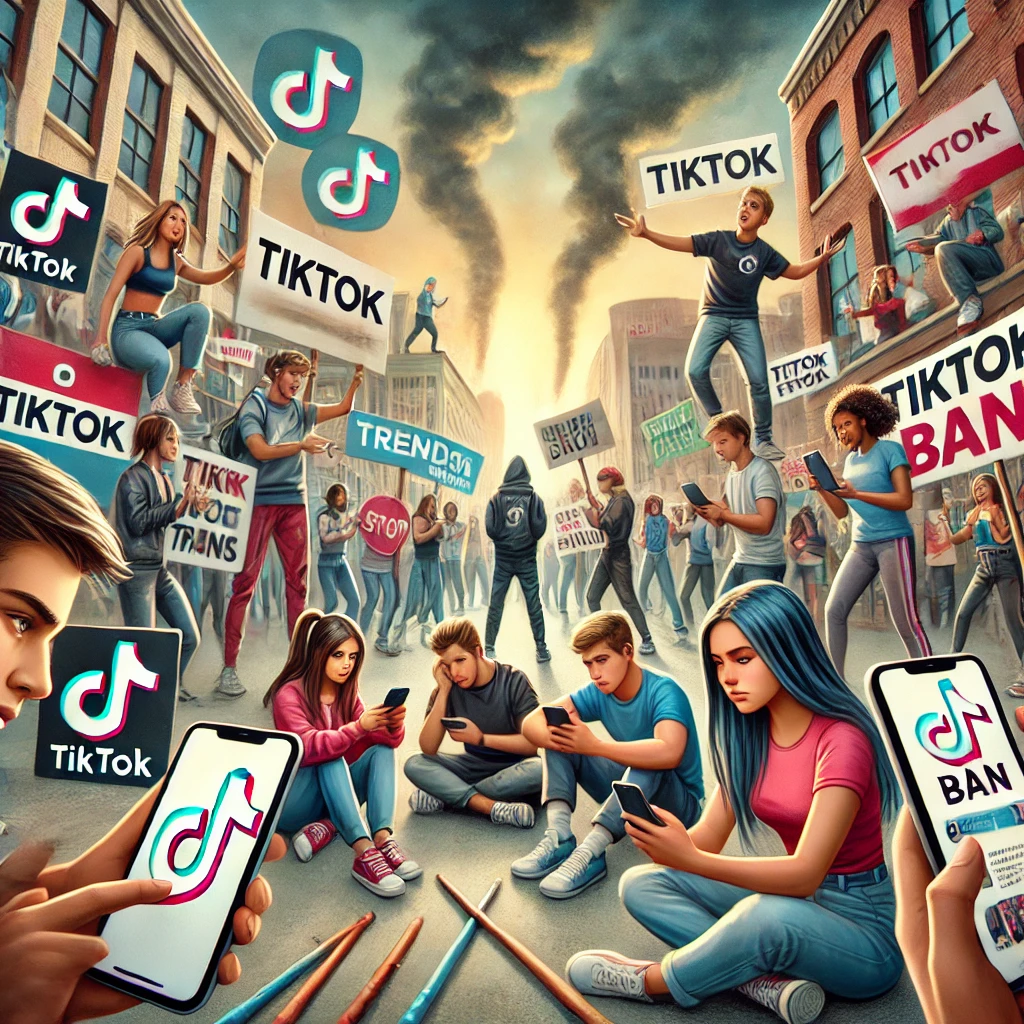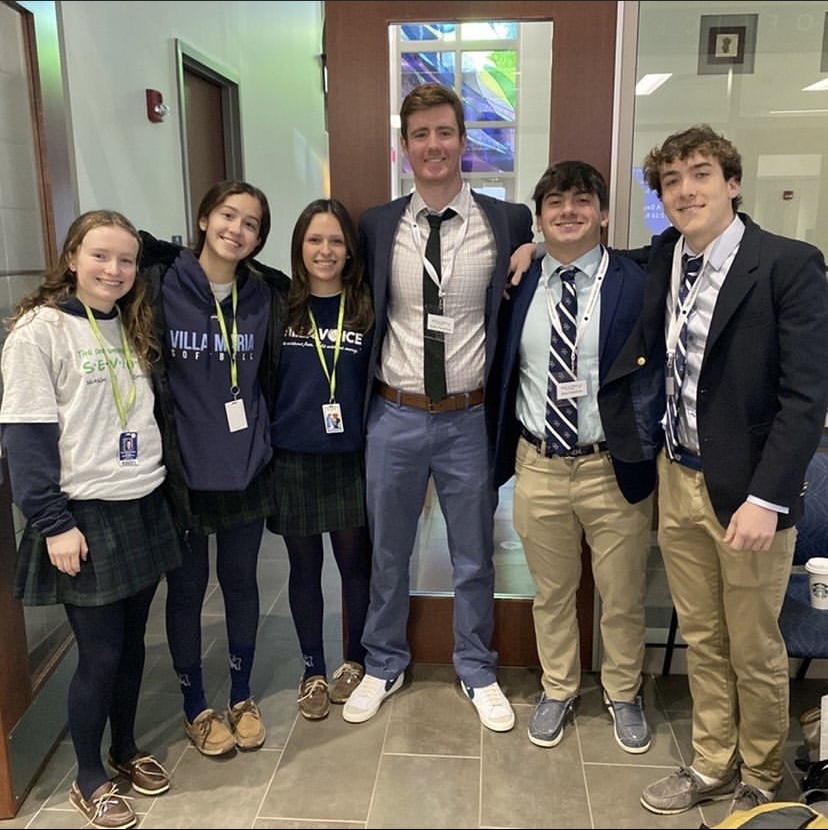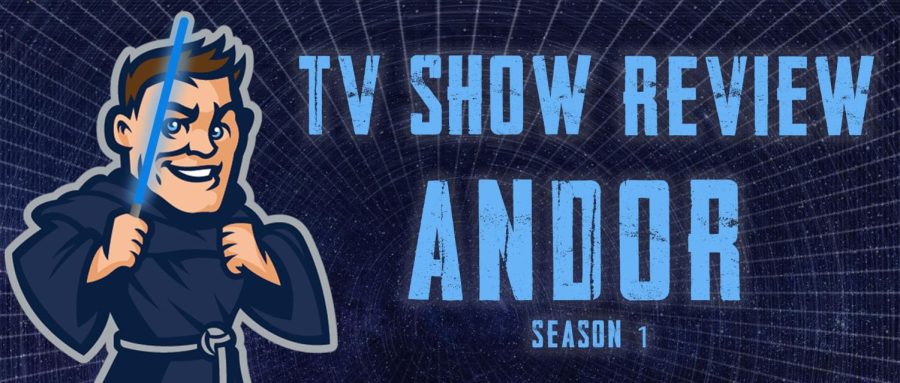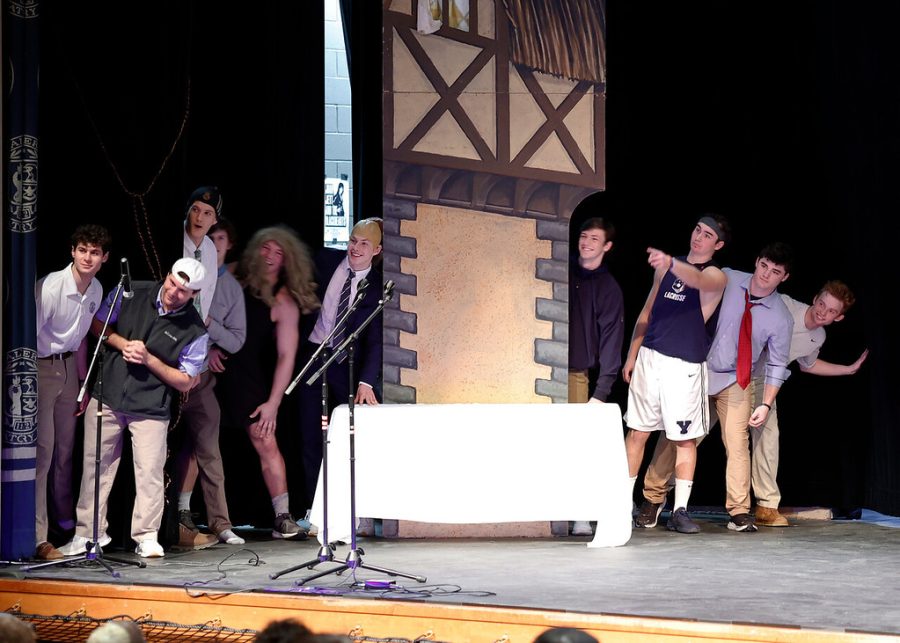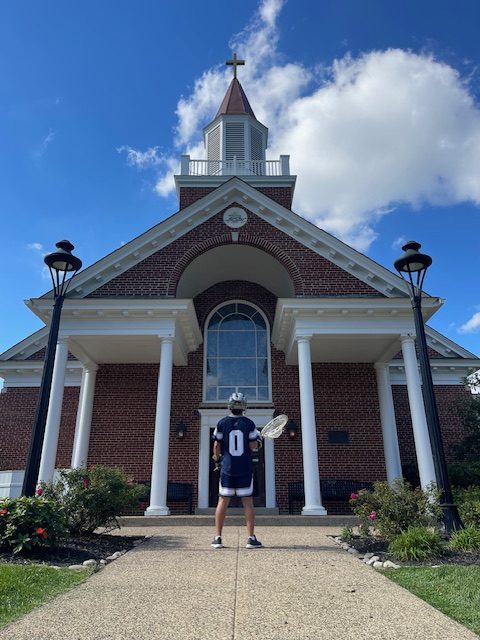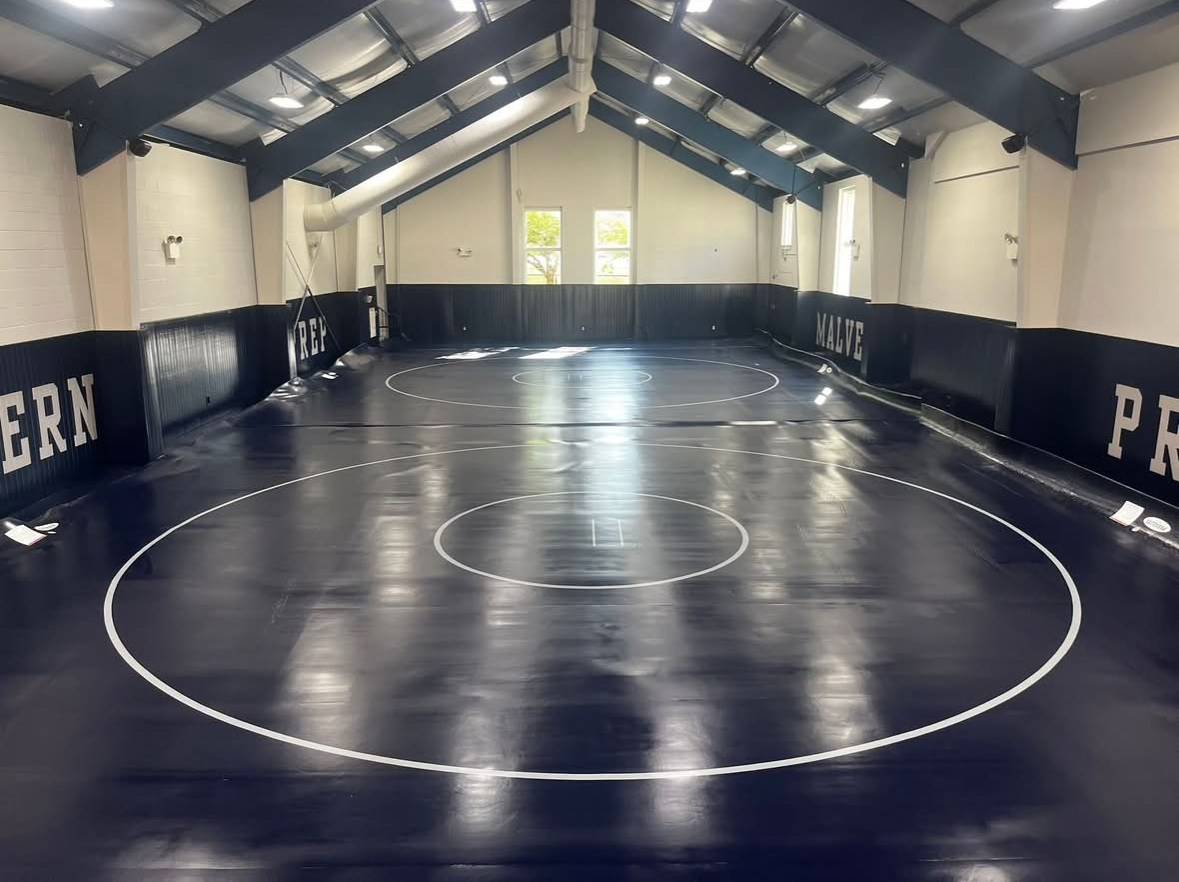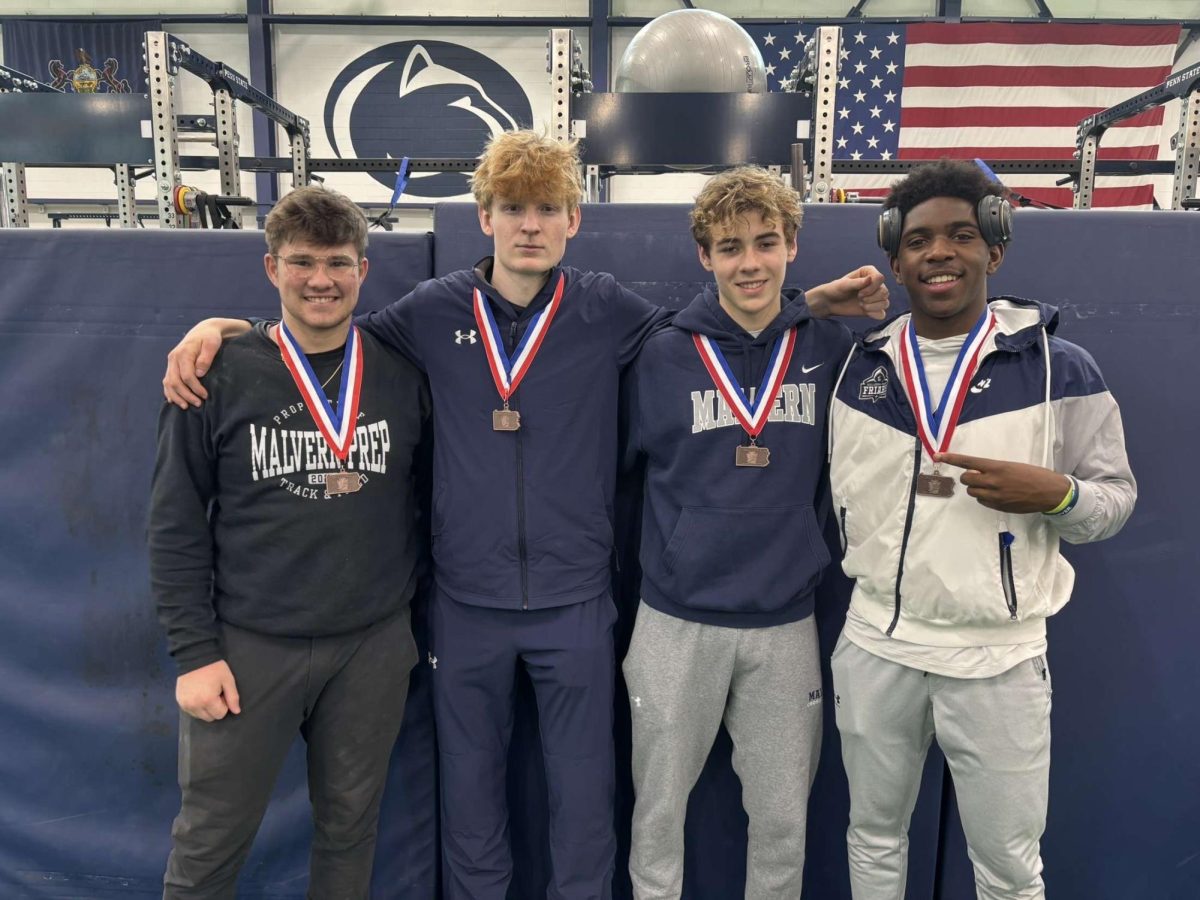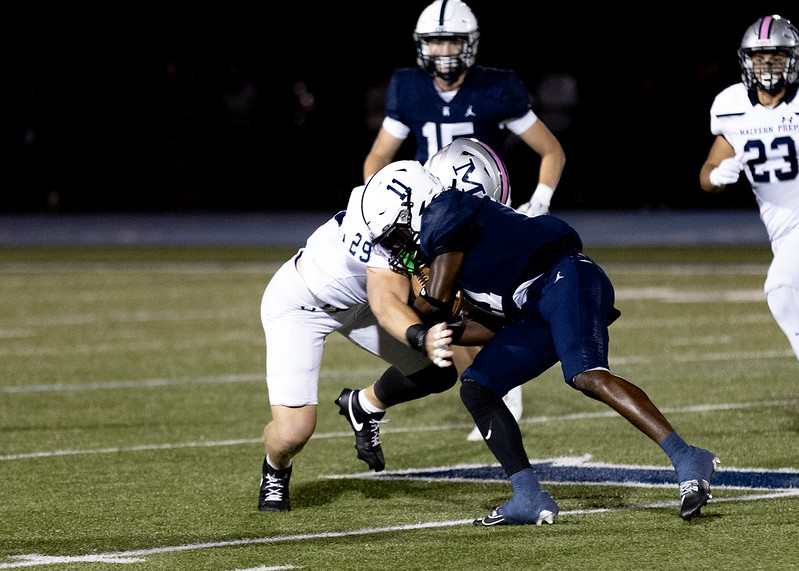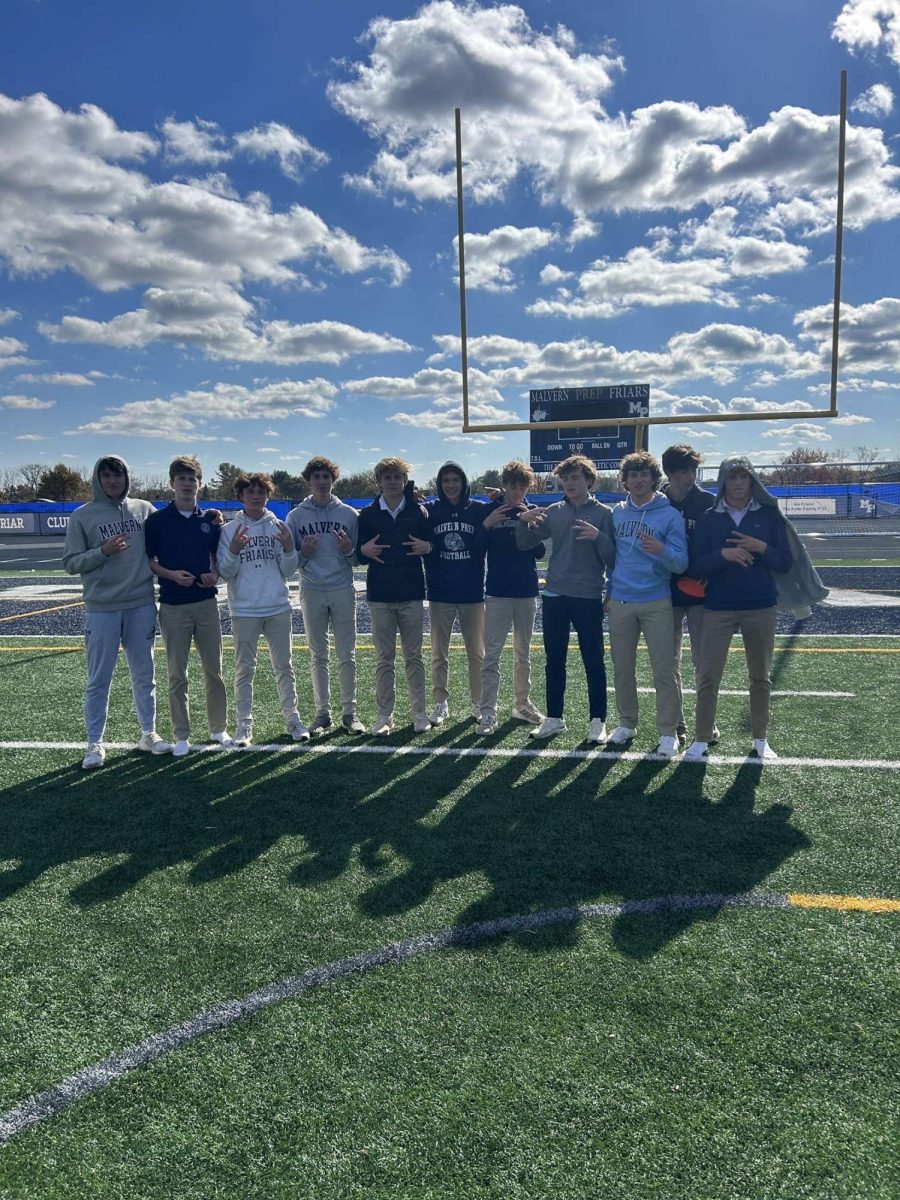The recent unionization attempt by Northwestern football players was bold, but more importantly, asked questions about implications on college athletics.
Division 1 college football is a business in itself. Colleges and universities collect tens of millions of dollars just from ticket sales, advertisements, and merchandise. Head coaches usually make upwards of a million dollars for their troubles, but what do the players get?
The answer is nothing. College football players are explicitly banned from earning or attempting to earn money for their sport while associated with their college. Is that just?
Johnny Manziel was suspended in 2013 for violating NCAA Bylaw 12.5.2.1, which forbids a player from permitting “the use of his or her name or picture to advertise, recommend or promote directly the sale or use of a commercial product or service of any kind,” according to Peter Berkes, an analyst from sbnation.com.
Johnny Manziel was as close as it gets to a celebrity. His autograph and merchandise sold for lots of money. Whether or not the extravagant price of his memorabilia was the cause of his antics off the field or his captivating performances on it, is not the question. The question is simply: Do collegiate athletes have the right to make money?
The answer is yes.
The athlete is asked to show passionate dedication to the success of the team. He or she must be punctual, respect their coach, and perform at the highest level. Often, they are forced to push their academics off to the side.
This no longer sounds like an athlete on a sports team, it sounds like an employee working for a tyrannical company. The worst part, however, is unlike the employee, the athlete is getting no paycheck.
Without college athletes, the NCAA does not exist and colleges do not make the millions of dollars they expect to make each year. It is only right to give the athletes who make it all happen a cut of the action.
Some college athletes do not make it to the pros. Some athletes that do play for a minimal amount of money. During their time at college, those athletes were required to spend an enormous duration of time perfecting their technique and abilities in their sport just as an engineering student must study furiously to get his degree.
Consequently, they might not be well-equipped to take on a job other than one involving their sport. A certain restitution is required for this wrongdoing. That payment should be the financial security ensured by a wage from the college. The college could also allow the former athlete to return to school for a discounted price to acquire a degree that will help them succeed in the work force.
The NCAA denied the Northwestern unionization efforts preserving “one of the NCAA’s core principles: that college athletes are primarily students,” said Ben Strauss, a reporter on the Northwestern unionization.
The irony is, colleges strip the right to an education from these students. They are not students at all, but rather full time employees not recognized for their dedicated work.


